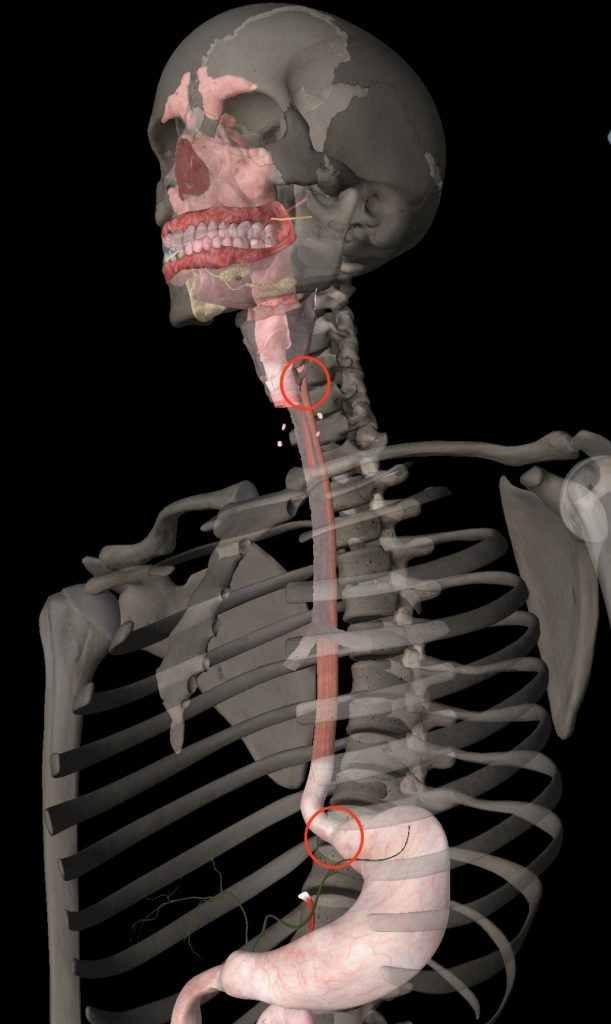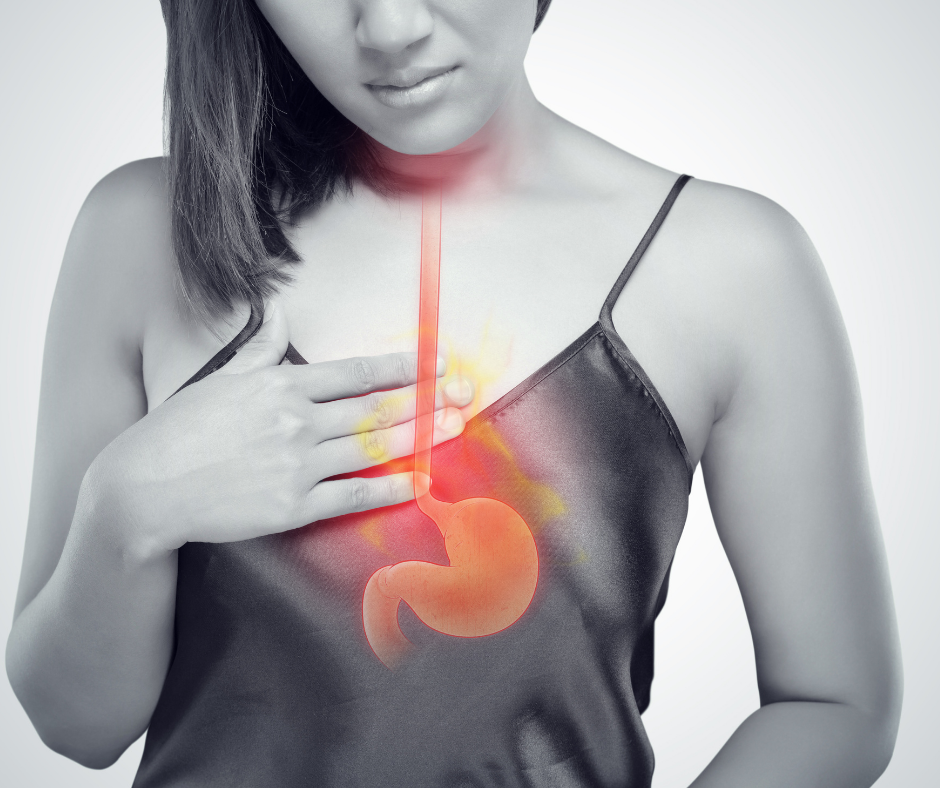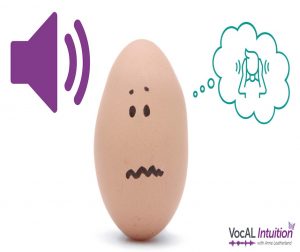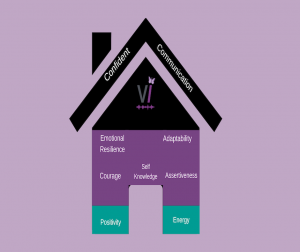Indigestion is something that most of us may experience from time to time, especially after a late meal or a bit of overindulgence! However, if this situation persists, then it’s important to know what might be causing it and what to do about it. You may be suffering from acid reflux, which can be harmful to your voice.
Before I go any further, I must make an important point. I will be sharing here some broad ideas about acid reflux that will raise your awareness of the issue. Please note that this is not medical advice as I am not a medical practitioner. If you suspect that you have acid reflux, then it is important that you see your GP for a diagnosis and appropriate treatment. This is because certain symptoms can be common to a number of disorders, acid reflux being just one of them. Never assume that this is your issue until you’ve had it diagnosed.
What is acid reflux?
Acid reflux occurs when digestive juices from the stomach find their way into the oesophagus, the pipe joining the back of your throat with the stomach itself, i.e. where your food goes when you swallow it.
Note that not all people have all of the symptoms mentioned below and some could be due to other things.
There are two types of acid reflux to be aware of:
1. Gastro-oesophageal reflux disease: GERD
In this case, the muscular ring (lower oesophageal sphincter or LES) that connects the lower part of the oesophagus with the stomach gives way. Normally it would act rather like a valve closing off the stomach from the oesophagus, only allowing food to travel through it in one direction. When the muscle weakens though, it is possible for stomach contents to travel back into the oesophagus.

Some symptoms of GERD
- Heartburn
- Indigestion
- Coughing
- Belching
- General discomfort
- Sour taste in the mouth
2. Laryngo- pharyngeal Reflux: LPR
This kind of reflux is often called silent reflux as sometimes the sufferer will feel no indigestion-type symptoms. It can occur at any time, even if you haven’t eaten anything.
LPR happens when the upper valve (upper oesophageal sphincter) between the oesophagus and the throat fails, allowing digestive juices that have already travelled back into the oesophagus to get into the throat and mouth. For some people, these juices may even get into the windpipe (trachea) causing irritation to the larynx and vocal folds. Over time this can be very damaging to your voice and eventually cause more serious conditions.
Some symptoms of LPR
Again there are many symptoms associated with this condition, and some of them may overlap with other conditions. So, it is vital that LPR is diagnosed by a medical professional.
Typical symptoms may include:
- Croakiness or hoarseness
- Soreness at the back of your throat
- A feeling of a lump in your throat (globus)
- Throat clearing
- An odd taste at the back of your throat
- Coughing spasms
- A build of mucus in your throat
- Burping
What can trigger acid reflux?
This varies from person to person, but here are some common triggers.
- A weak lower oesophageal sphincter (LOS) or hiatus hernia
- Pressure on the valve due to obesity or poor posture
- Certain foods that may irritate your digestive system e.g. spicy food
- Eating heavy meals or eating late in the evening
- Smoking and/or alcohol consumption
- Pregnancy
Also, recent research shows that some people make more acid than others, whilst others make too little.
What can you do?
We all know that there are over-the-counter medications that can be taken for indigestion or heartburn. Personally, I would avoid these if your symptoms are ongoing and take advice from your doctor. As mentioned above it is very important to find out exactly what is causing the symptoms, and to get the right treatment.
Here are some common sense things you can do to look after yourself and reduce the risks of acid reflux.
- Adapt to your diet. Explore to find out which things trigger the discomfort and avoid them.
- Avoid late eating and heavy meals in the evening.
- Limit or cut out spicy and greasy foods
- Limit to your intake of caffeine and alcohol
- Drink more water
- Raise the head of your bed a couple of inches by putting blocks underneath. The old telephone directories used to be good for this, but they’re not so thick these days!
- If symptoms persist, please do see your doctor who can help and hopefully put your mind at rest.
In conclusion
I hope you found these ideas useful and that you will be inspired to find out more about this if you feel that you suffer in any way. If you are a voice teacher then it is important to be aware of these issues in any case.
Here are some useful links so that you can read around the subject a little bit more:
https://www.healthline.com/health/gerd/diet-nutrition
https://www.britishvoiceassociation.org.uk/voicecare_reflux-and-voice.htm
https://www.amazon.co.uk/Easy-Acid-Reflux-Cookbook-Comforting-ebook/dp/B06XDQ8LTF
Please do get in touch if you like to chat about this or any other feature of your voice use. I’ll be very glad to hear from you and to explore how I could help you.
Finally if you’ve enjoyed this blog perhaps you’d like to sign up for my monthly top tips in my newsletter (no spam, just useful stuff). You may of course unsubscribe or change your preferences at any time.
You can also find me on LinkedIn and Facebook, where I often make live broadcasts. You can find the video of the live broadcast I gave a while ago on this topic here.
Thank you so much for reading.




